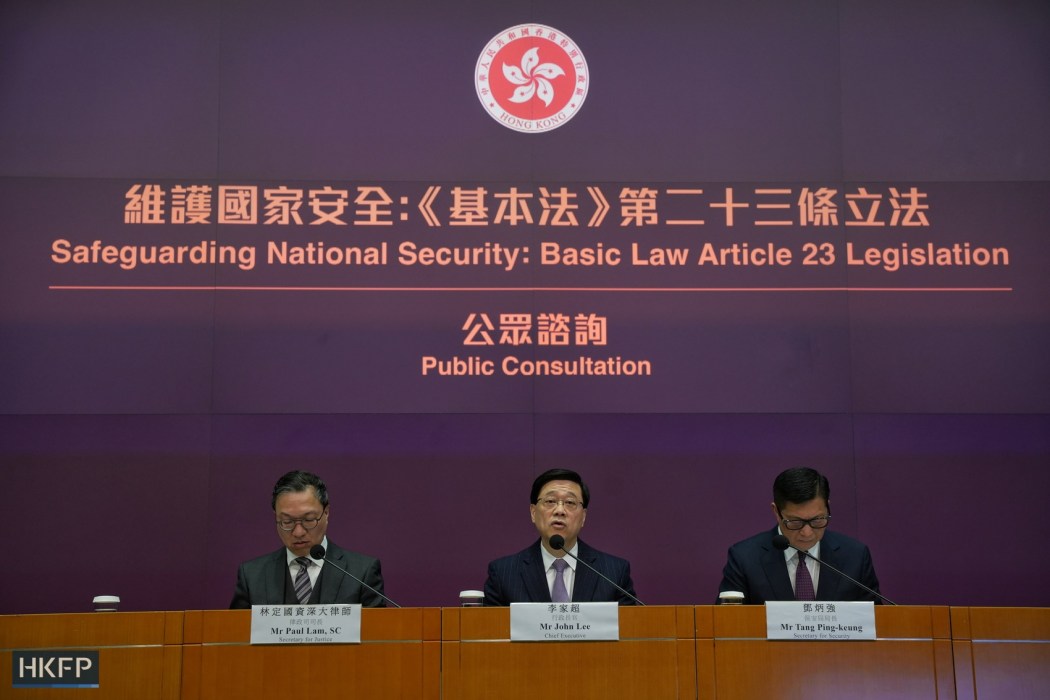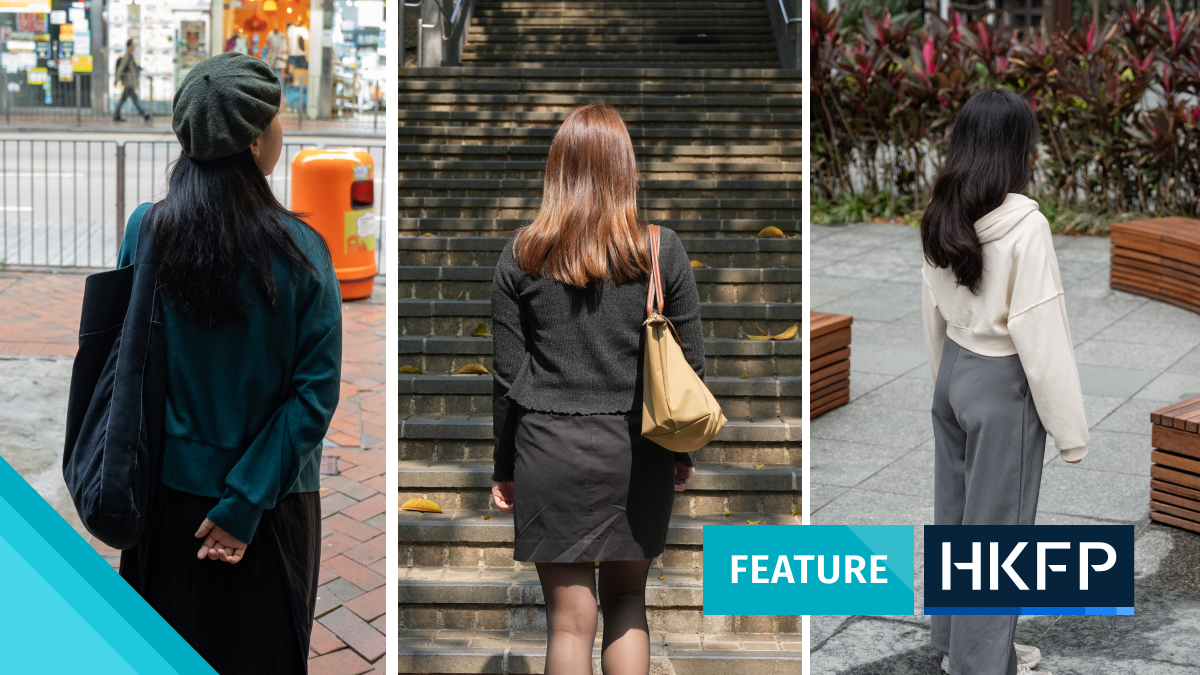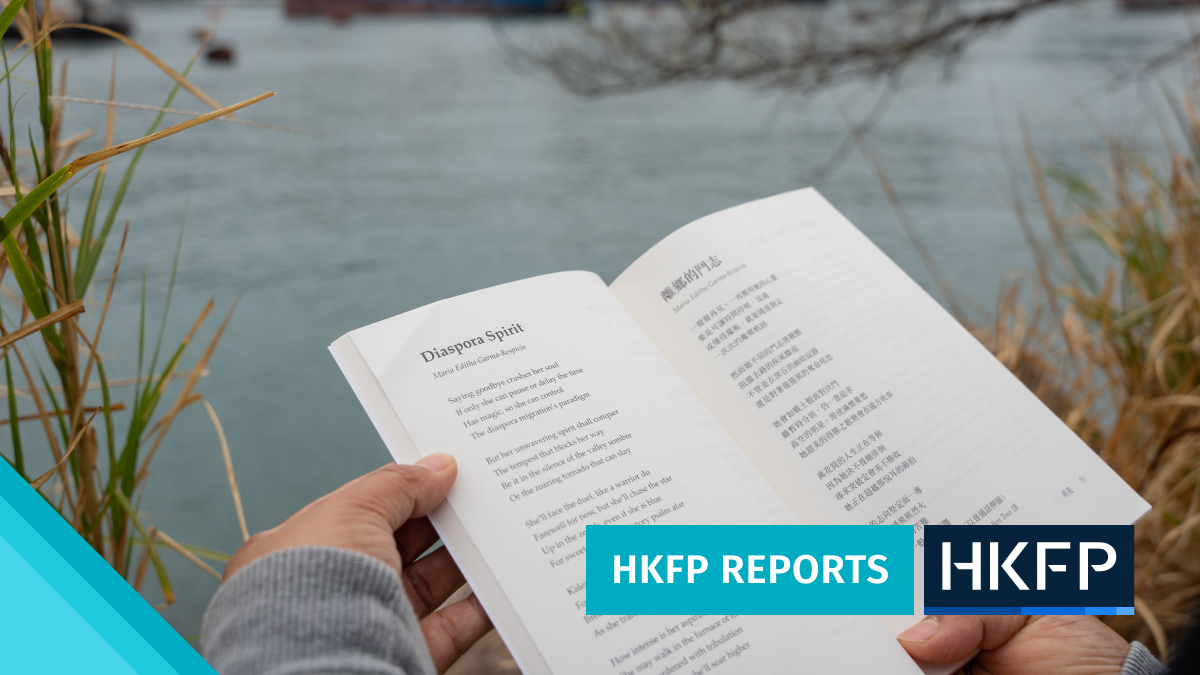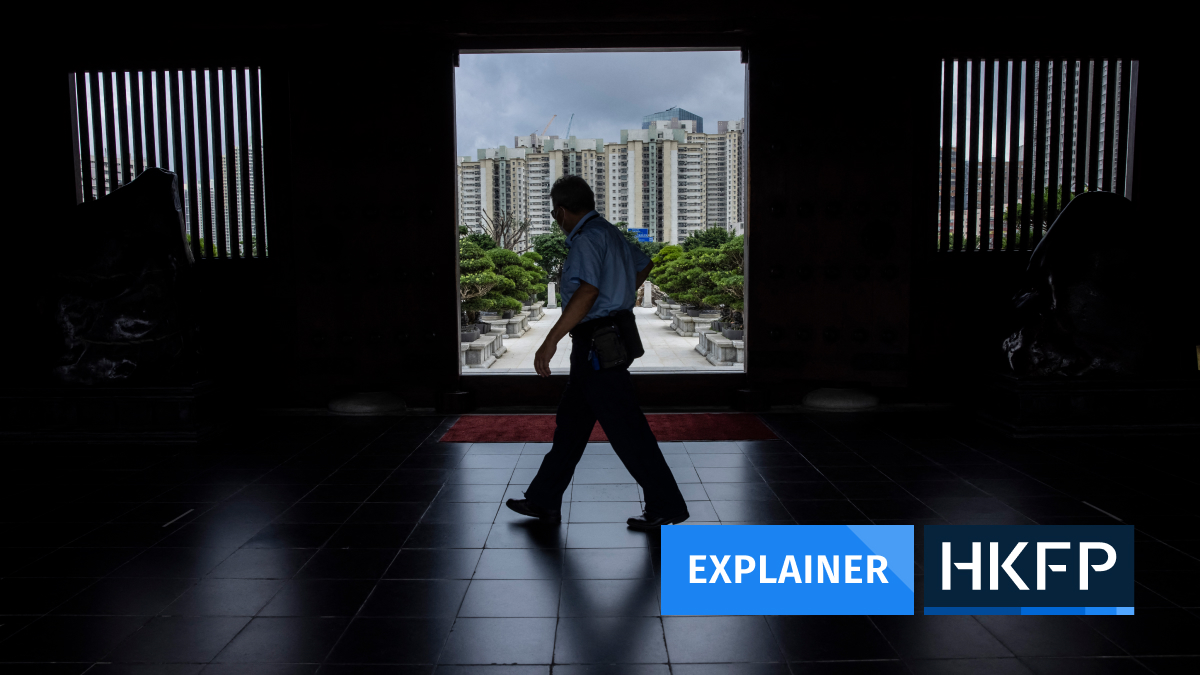International news outlet Bloomberg has admitted an error in reporting that Hong Kong planned to ban some social media under its new security law, as the government condemned the “false report” and denied any such intention.

The government on Wednesday night issued a statement saying it “strongly disapproves of and condemns false reports by Bloomberg” on Basic Law Article 23 legislation – a homegrown security law now being drafted that is separate from the Beijing-imposed national security law already in force.
The government said Bloomberg’s headlines published earlier on Wednesday – which it quoted as reading “HK says Telegram should be prohibited in Article 23 proposal” and “HK says Signal should be prohibited in Article 23 proposal” – and a report headlined “HK Security Law Public Consultation Lists Facebook, YouTube Ban” – were false.
They generated “misunderstanding and panic” about the upcoming legislation, it said.
As of Thursday morning, the Bloomberg article on the matter had been updated with a new headline “Hong Kong Says City Won’t Prohibit Popular Messaging Apps.” It also stated that “Bloomberg earlier erroneously reported the government was proposing such a ban.”

The row came after the government on Wednesday submitted a summary of public views on the new law to the legislature, in which some residents had suggested banning Facebook and YouTube, as well as messaging apps Telegram and Signal.
Authorities said about 97 per cent of the 13,000-odd submissions it had received over a one-month consultation period were supportive of the proposed law, which targets five areas of national security crimes.
Secretary for Justice Paul Lam said during a legislature panel on Wednesday that the government had “absolutely no intention” of banning any social media platforms, adding that he believed “such scaremongering was spread with an intention to obstruct the legislation.”

Top Hong Kong officials have become increasingly active in rebutting foreign news reports and editorials with which they take issue.
The proposed Article 23 legislation is set to cover five types of crime: treason, insurrection, theft of state secrets and espionage, sabotage endangering national security, and external interference. A bill is expected to be submitted to the legislature as early as next Wednesday, according to local media.
An attempt to pass a homegrown security law in 2003 was dropped after an estimated 500,000 people took to the streets in protest. Authorities have vowed to complete the latest legislation this year, saying it was Hong Kong’s constitutional duty.
Article 23 of the Basic Law, the city’s mini-constitution, requires the passage of a domestically-drafted security law.
Pro-democracy advocates – including one of the few remaining opposition parties the League of Social Democrats – fear it could have a negative effect on civil liberties, but authorities maintain that the public supports the legislation.
Support HKFP | Policies & Ethics | Error/typo? | Contact Us | Newsletter | Transparency & Annual Report | Apps
Help safeguard press freedom & keep HKFP free for all readers by supporting our team

Original reporting on HKFP is backed by our monthly contributors.
Almost 1,000 HKFP Patrons made this coverage possible. Each contributes an average of HK$200/month to support our award-winning original reporting, keeping the city’s only independent English-language outlet free-to-access for all. Three reasons to join us:
- 🔎 Transparent & efficient: As a non-profit, we are externally audited each year, publishing our income/outgoings annually, as the city’s most transparent news outlet.
- 🔒 Accurate & accountable: Our reporting is governed by a strict Ethics Code. We are 100% independent, and not answerable to any tycoon, mainland owners or shareholders. Check out our latest Annual Report, and help support press freedom.
- 💰 It’s fast, secure & easy: We accept most payment methods – cancel anytime, and receive a free tote bag and pen if you contribute HK$150/month or more.
MORE Original Reporting
HKFP has an impartial stance, transparent funding, and balanced coverage guided by an Ethics Code and Corrections Policy.
Support press freedom & help us surpass 1,000 monthly Patrons: 100% independent, governed by an ethics code & not-for-profit.









